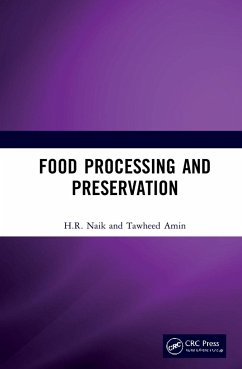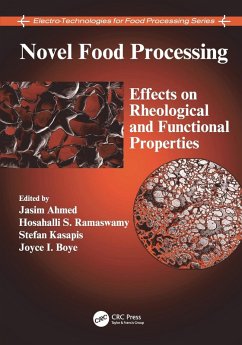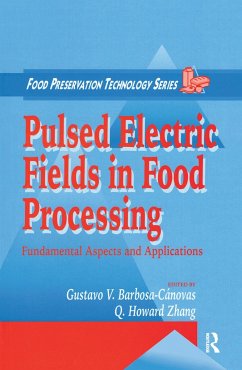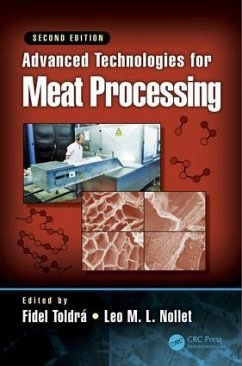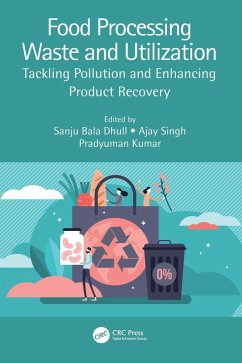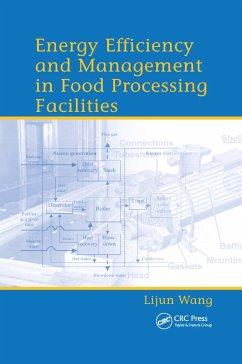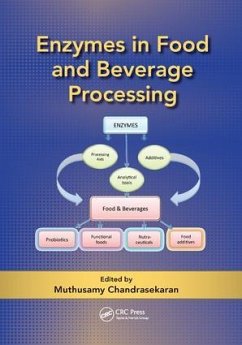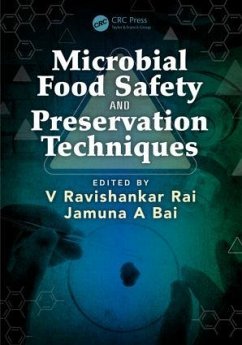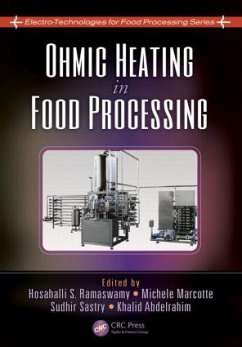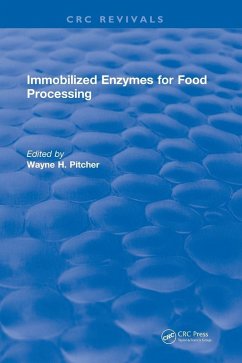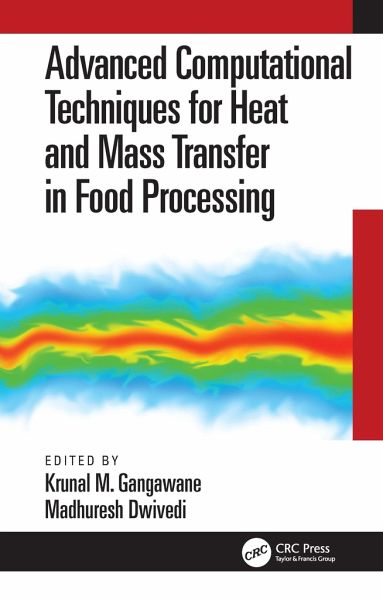
Advanced Computational Techniques for Heat and Mass Transfer in Food Processing
Versandkostenfrei!
Versandfertig in 1-2 Wochen
234,99 €
inkl. MwSt.
Weitere Ausgaben:

PAYBACK Punkte
117 °P sammeln!
Computational methods have risen as a powerful technique for exploring the system phenomena and solving real-life problems. Currently, there are two principle computational approaches for system analysis: continuous and discrete. In the continuous approach, the governing equations can be obtained by applying the fundamental laws, such as conservation of mass, momentum, and energy over an infinitesimal control volume. On the other hand, the discrete approach concentrates on mimicking the molecular movement within the system. Both approaches have pros and cons, and continuous development and imp...
Computational methods have risen as a powerful technique for exploring the system phenomena and solving real-life problems. Currently, there are two principle computational approaches for system analysis: continuous and discrete. In the continuous approach, the governing equations can be obtained by applying the fundamental laws, such as conservation of mass, momentum, and energy over an infinitesimal control volume. On the other hand, the discrete approach concentrates on mimicking the molecular movement within the system. Both approaches have pros and cons, and continuous development and improvement in the existing computational methods are ongoing. Advanced Computational Techniques for Heat and Mass Transfer in Food Processing provides, in a single source, information on the use of methods based on numerical and computational analysis as applied in food science and technology. It explores the use of various numerical/computational techniques for the simulation of fluid flow and heat and mass transfer within food products. Key Features: Explores various numerical techniques used for modeling and validation Describes the knowhow of numerical and computational techniques for food process operations Covers a detailed numerical or computational approach of the principles of heat and mass transfer in the food processing operation Discusses the detailed computational simulation procedure of the food operation Recent years have witnessed a rapid development in the field of computational techniques owing to its abundant benefit to the food processing industry. The relevance of advanced computational methods has helped in understanding the fundamental physics of thermal and hydrodynamic behavior that can provide benefits to the food processing industry in numerous applications. As a single information source for those interested in the use of methods based on numerical and computational analysis as applied in food science and technology, this book will ably serve any food academician or researcher in ¿learning the advanced numerical techniques exploring fluid flow, crystallization, and other food processing operations.




